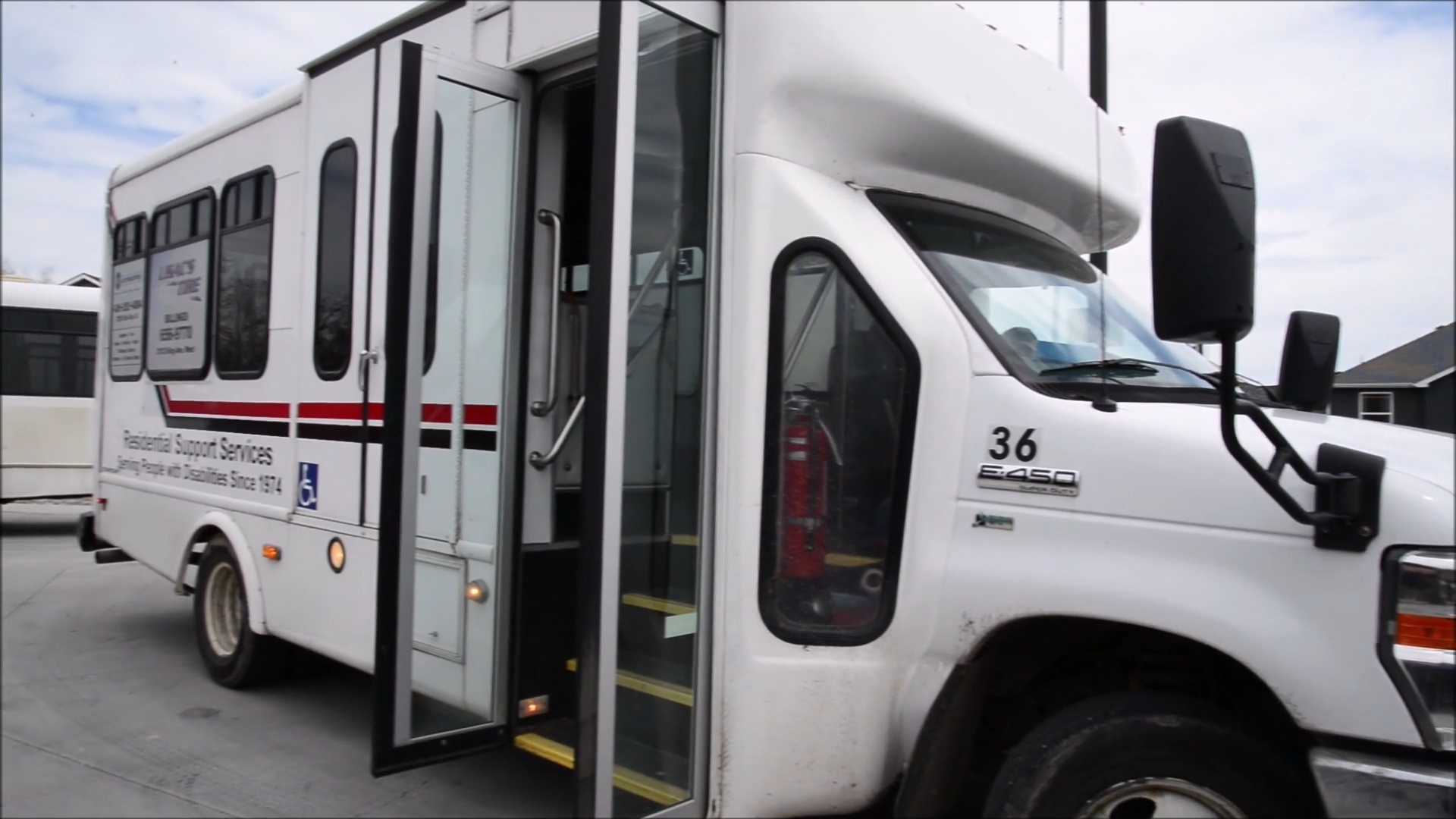Communication plays a critical role in fostering independence, self-expression, and personal growth for individuals with developmental disabilities. For many, communicating with others can be challenging due to various physical, cognitive, or emotional barriers. Residential Support Services (rssmt.org), a non-profit organization based in Billings, MT, understands the importance of helping its residents overcome these obstacles and develop effective communication skills. In this blog post, we will explore the various communication strategies employed at Residential Support Services, specifically tailored to the unique needs of individuals living with developmental disabilities.
Effective communication is the cornerstone of building relationships and navigating through daily life. At Residential Support Services, the focus is on providing personalized and innovative ways to enrich the residents’ abilities to express themselves and understand the world around them. By implementing a person-centered care approach, the organization is able to tailor communication strategies based on individual needs and preferences. Additionally, the friendly and state-certified staff is trained to hone their own communication skills and adapt them according to resident requirements.
Moreover, Residential Support Services offers self-fulfilling day programs that promote social engagement, which is crucial for practicing and enhancing communication abilities. These programs encourage interaction with peers and community members, providing ample opportunities to develop communication skills in varied environments. Furthermore, the organization’s commitment to accessible transportation facilitates increased social participation, empowering residents to form connections and communicate effectively within their communities.
In the following sections of this blog post, we will delve deeper into different methods and modes of communication that are essential for individuals with developmental disabilities. We will also discuss the significance of staff training, the role of technology in facilitating communication, and the impact of accessible and adaptive environments in Residential Support Services. Through this exploration, we aim to provide valuable insights into how the organization’s concerted efforts are helping its residents communicate more effectively, fostering their independence, and enhancing their overall quality of life.
Tailoring Communication Strategies to Individual Needs
At Residential Support Services, the emphasis is placed on creating a personalized and adaptable communication approach that caters to each resident’s unique requirements. Acknowledging that individuals with developmental disabilities may experience diverse communication challenges, the organization focuses on developing customized strategies that resonate with each person’s abilities and preferences. Some examples of tailored communication methods include:
1. Augmentative and Alternative Communication (AAC) devices: For individuals who struggle with verbal communication, AAC devices, such as communication boards or electronic devices, can be instrumental in facilitating expression and understanding.
2. Visual Supports: Visual aids, like social stories or visual schedules, can provide structure and predictability, aiding individuals in processing information and expressing their thoughts more effectively.
3. Sign Language: For some residents, learning basic sign language can significantly enhance their ability to communicate their wants and needs.
4. Gestures and Body Language: Non-verbal cues and gestures can often convey essential information and emotions, especially for those with limited verbal abilities.
By incorporating these diverse communication strategies, Residential Support Services ensures that every resident has the opportunity to effectively express themselves and engage with the world around them.
The Role of Staff Training in Enhancing Communication
A significant component of promoting effective communication for individuals with developmental disabilities is ensuring that the support staff is skilled and knowledgeable in various communication techniques. At Residential Support Services, staff members receive ongoing training and professional development to hone their communication skills and better understand the unique needs of their residents.
This training enables staff to build strong relationships with the residents, adapt their communication methods to meet individual requirements, and identify subtle cues that may indicate a resident’s preferences, emotions, or needs. By continually developing these skills, Residential Support Services’ staff can more effectively support their residents’ growth and independence.
Utilizing Technology as a Communication Aid
In today’s digital age, technology plays a crucial role in enhancing communication for individuals with developmental disabilities. Assistive technologies, such as speech-generating devices, touchscreen tablets, or adapted computer keyboards, can be highly beneficial in enabling self-expression and comprehension. Residential Support Services recognizes the potential of these tools and remains committed to exploring and incorporating technology-based solutions tailored to the unique needs of its residents.
Ultimately, the organization aims to empower residents to leverage technology as a communication aid, facilitating smoother interactions with their peers, support staff, and community members.
Creating Accessible and Adaptive Environments
An essential aspect of fostering effective communication lies in creating accessible and adaptive environments that support residents in their daily lives. Residential Support Services focuses on offering relaxing and self-fulfilling day programs that are structurally designed to accommodate diverse communication abilities.
These environments include:
1. Low-Stimulus Settings: Reducing sensory overload through quiet spaces or adaptive lighting can help individuals with sensitivities feel more comfortable and better equipped to engage in communication.
2. Inclusive Group Activities: Day programs that encourage group participation and interaction while allowing for adaptations based on individual needs foster communication skill-building.
3. Safe and Supportive Spaces: Providing an environment wherein residents feel safe and understood encourages self-expression and confidence in communication.
By prioritizing accessible and adaptive environments through these means, Residential Support Services lays the foundation for effective communication and personal growth.
Deeply Committed
Residential Support Services is deeply committed to fostering better communication for individuals with developmental disabilities. Through tailored communication strategies, staff training, the use of technology, and accessible environments, the organization addresses the unique challenges faced by its residents and empowers them to express themselves more effectively.
By focusing on each individual’s communication needs and preferences, Residential Support Services supports the development of essential life skills while creating pathways to independence and self-confidence. Ultimately, it is through these efforts that the organization contributes to enhancing the overall quality of life for its residents and helping them fully participate in their communities.









